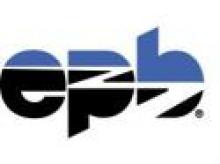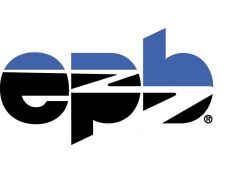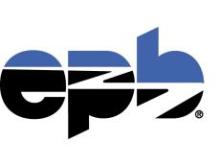We've been raving about Chattanooga' FTTH network and smart-grid for quite some time now, but others are just learning about it. Chattanooga's Electric Power Board serves some 170,000 households and businesses across 600 sq miles. Though we have mostly focused on the triple-play benefits of the network
Chattanooga had been named one of the 2011 Top 21 Intelligent Communities of the year previously, but more recently made the cut to a Top 7 Intelligent Community. Time will tell if is awarded the Intelligent Community of the year.
Green Tech Media covered the completion of the network pass and activation of electric grid smart switches at the end of 2010.
[A]ll of its 170,000 electricity customers could benefit from the infrastructure. The network will serve as the conduit for 80 billion data points on electricity use per year that could help the utility run more efficiently, reduce outages, and give customers more control over their monthly electricity expenses.
“Chattanooga is the epicenter of energy technology,” said Harold DePriest, president and CEO of EPB. “One of our biggest jobs is to exploit this technology for the benefit of our community.”
With power outages previously taking a $100 million/year bite out of private businesses served by EPB, the new FTTH network will enable a much smarter network that will radically decrease those outages and thereby make businesses more productive. By mid 2012, businesses will see a 40% decrease outage time. Over time, as EPB's grid grows ever "smarter," those losses will likely decrease further while also providing energy users (residential and business) more opportunities to manage their power consumption.
For those who only associate the smart-grid with enabling time-of-use pricing (paying more electricity during periods of high demand), there are other important, if hidden benefits:






 Harold DePriest recognized the power of AT&T and Comcast in the Legislature, but vowed not to give up.
Harold DePriest recognized the power of AT&T and Comcast in the Legislature, but vowed not to give up.

